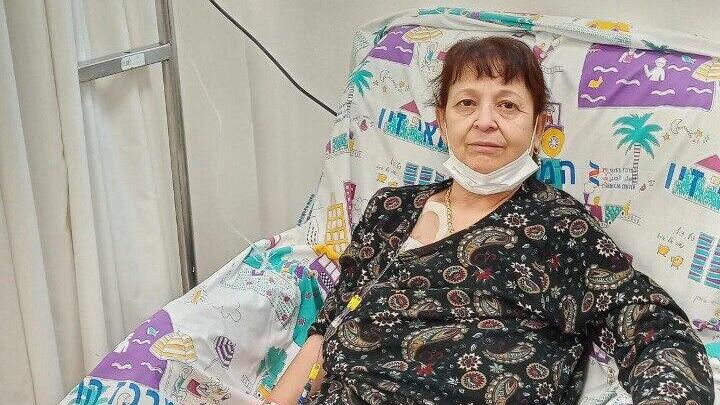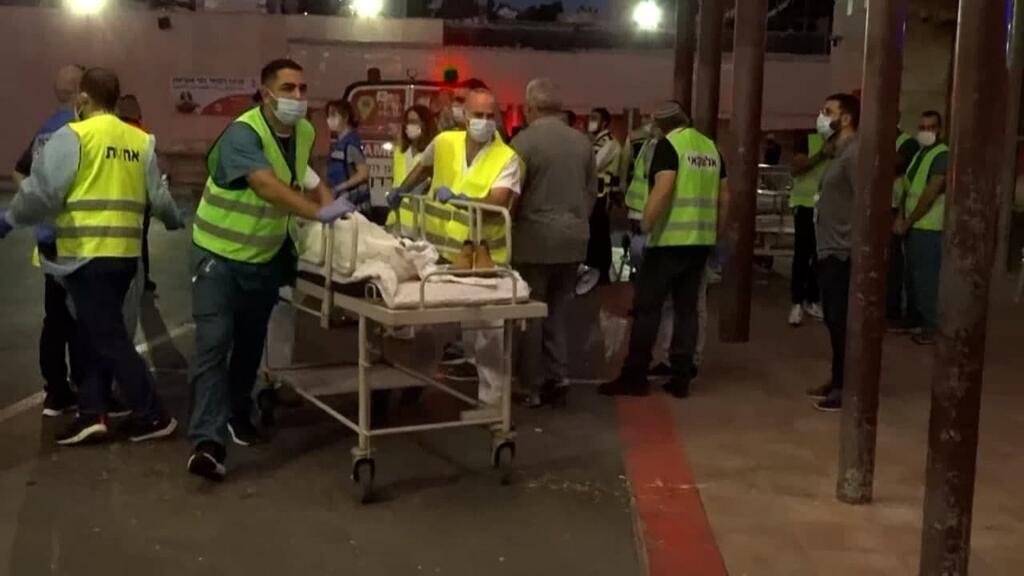A 67-year-old woman suffering from pancreatic cancer was sent home from the Ziv Medical Center in the northern city of Safed after no bed was available. "There are many more options in big cities in the center of the country,' Ahuva Sabag told Ynet.
More stories:
"My hospital does not have an oncology ward. I've had 12 very aggressive chemotherapy sessions there and after the 4th, I felt very bad and in addition to convulsions, was unable to speak. But there was no place for me, so I was sent home," she said.
Sabag lives a 2-hour bus ride away from the nearest oncology ward in the Haifa Rambam Health Care Campus and said she was afraid to be hospitalized in an internal medicine ward because she may be exposed to infections there.
"I feel like cancer patients are disrespected," she said. "that the hospital thinks these people will die anyway," Sabag said. She explained that when the disease recurs, it is often more aggressive and many with pancreatic cancer, many do not survive. "If my cancer comes back and I become terminally ill, I will not go to the hospital. I will stay home," she told Ynet.
An internal Health Ministry document written by the National Council for the Prevention and Treatment of Malignant Disease revealed that the Ziv Medical Center, along with others in the north and south of the country, lacks a dedicated oncology ward and can provide only out-patient care.
Ynet has learned that those hospitals have been requesting the Health Ministry to open such wards but have been denied. Ziv had presented a preliminary plan to build an oncology ward a decade ago but has still not received approval from the ministry.
Nira Mizrahi (76) has been suffering from cancer for the past 13 years. She too lives in northern Israel and is treated at the Ziv hospital. "Sometimes she has a fever and fills very poorly and we are faced with the choice of hospitalization in an internal medicine ward or keeping her at home," Her son-in-law Tomi Ben Hamo said. "Cancer patients have a low tolerance for infections so being in internal medicine just adds to the danger," he said.
"My guess is that it is all down to money. Relevant funds are not allocated, and the result is evident in the health services available. Israelis living in the northern or southern regions are as no less entitled to medical care as those who live in the center of the country," he said. "Unfortunately, we are discriminated against. There is no other way to explain it."



